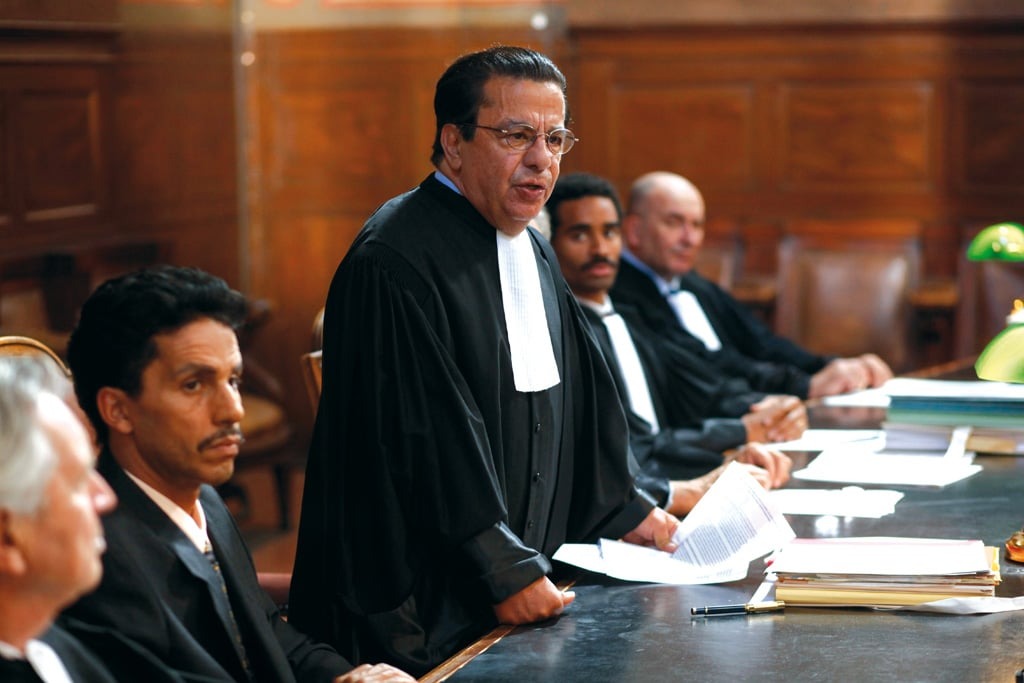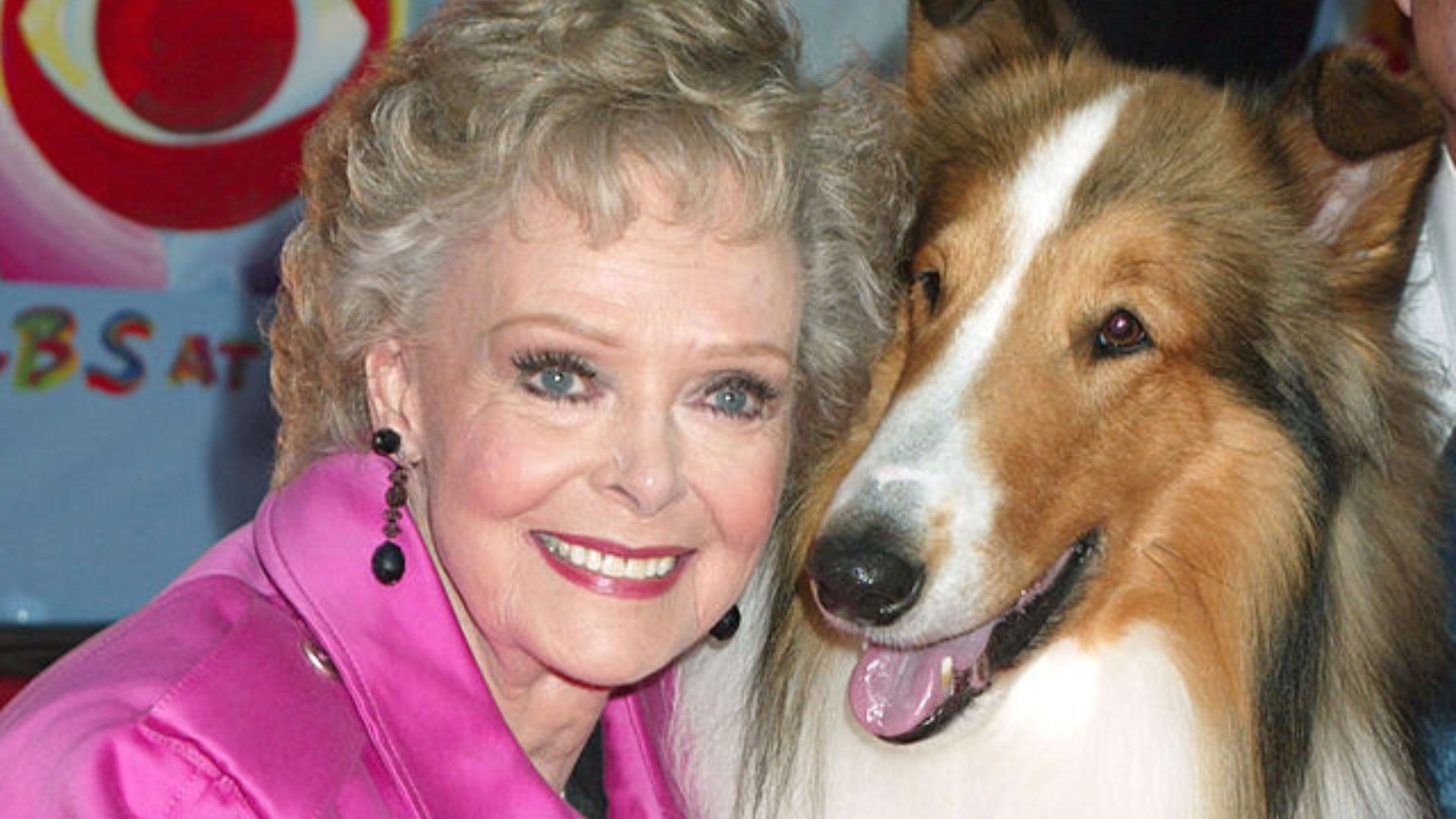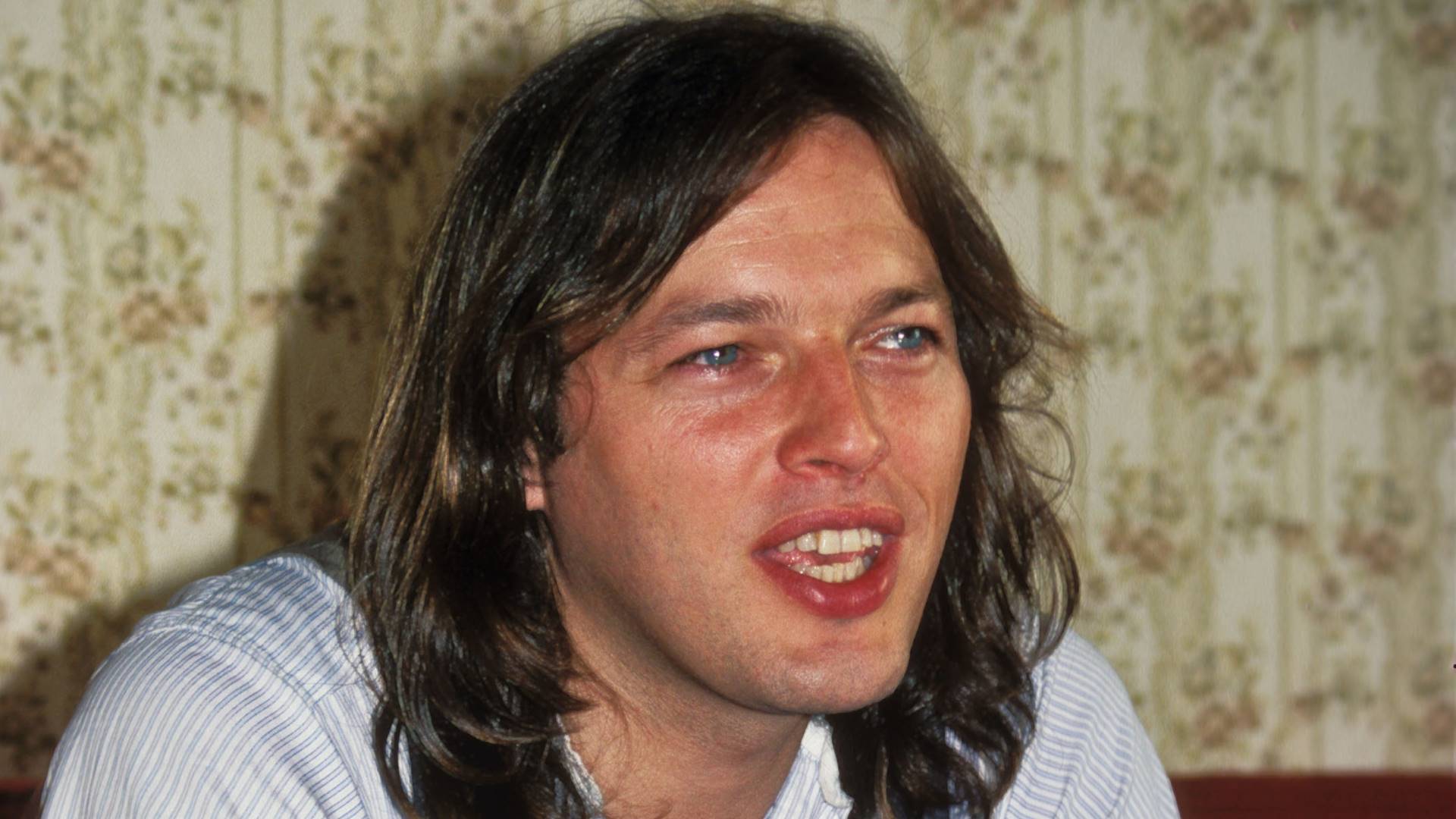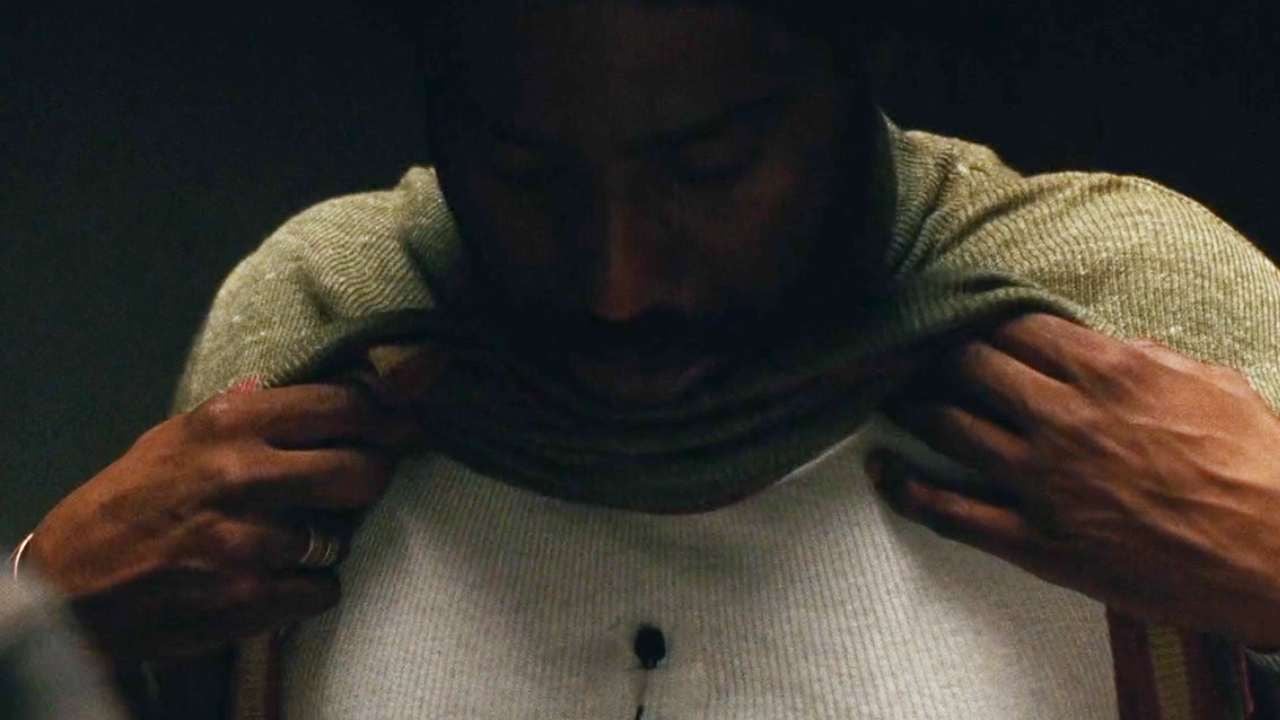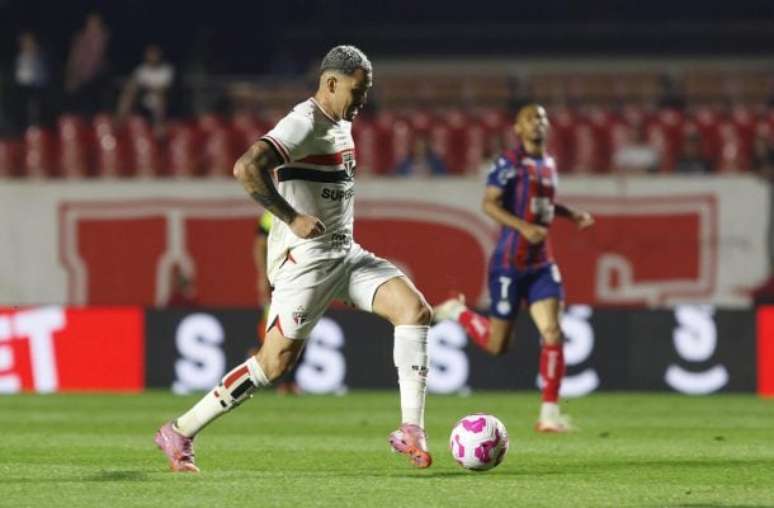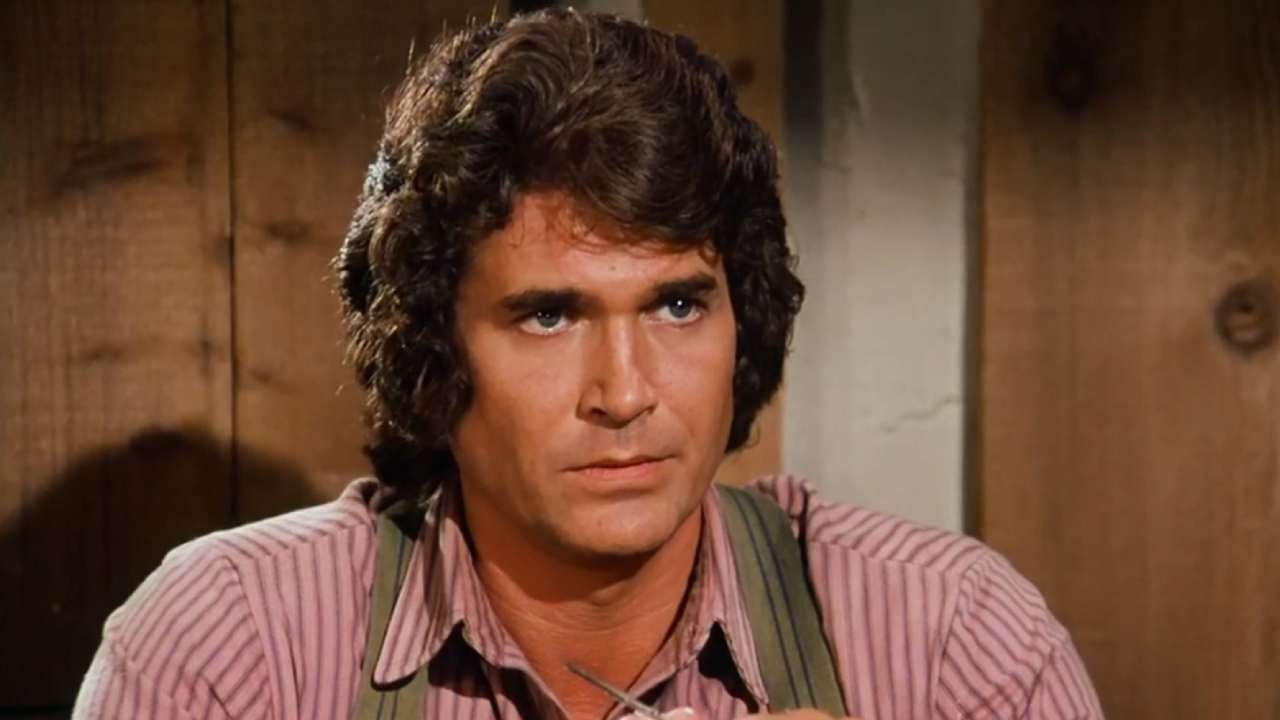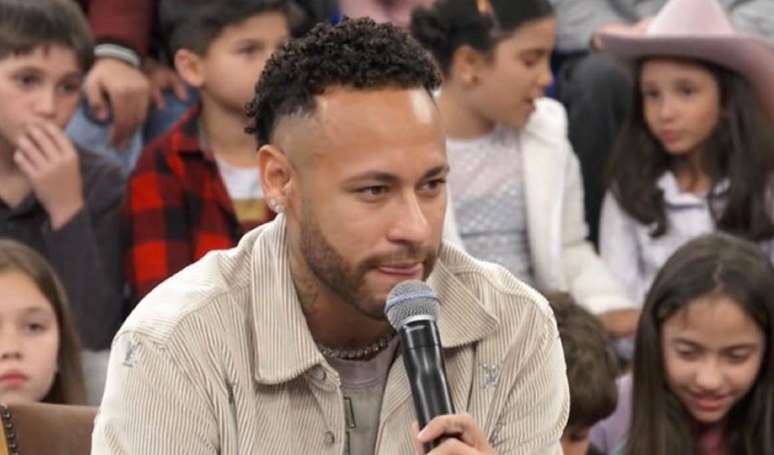Omar Killed Me: A Look Back at a French Legal Conundrum
In 2011, director Roschdy Zem adapted for the big screen one of the most enigmatic and controversial French legal cases: that of Omar Raddad. The film Omar killed me retraces the tragic events linked to the death of Ghislaine Marchal, found murdered in her home on the French Riviera in 1991, and the controversial conviction of its Moroccan gardener, Omar Raddad (played by Sami Bouajila), who has never stopped proclaiming his innocence.
The story begins in 1991, when tragedy struck the quiet town of Mougins, on the French Riviera. The macabre discovery of Ghislaine Marchal, stabbed and left for dead in the same cellar as her, shocks the country. The sentence that falls on Omar Raddad is not long in coming, despite his protests of innocence and the inconsistencies highlighted by his defense.
The 1994 trial marked by heated debates and controversial evidence (particularly the inscription itself, as Raddad had difficulty writing coherently in French), led to his 18-year prison sentence, sparking a groundswell of support for his release.
Try Netflix for free for 1 month with Canal+
The pardon granted by President Jacques Chirac in 1998 allowed Omar Raddad to leave prison after almost seven years of imprisonment, but without clearing his name of the murder charge. Thereby, in the eyes of French justice he is not yet innocent.
Roschdy Zem’s film also features a fictional character of a writer (played by Denis Podalydès), who conducts his own counter-investigation to try to prove Omar Raddad’s innocence. This point of view allows us to highlight the controversies regarding the elements of the accusation.
His acquittal is still awaited
Twenty-six years after being granted parole following a presidential pardon, Omar Raddad continues to fight to prove his innocence. Despite legal and personal challenges (he has been recognized as disabled and suffers from depression), his quest for justice remains in the news.
His lawyer, Sylvie Noachovitch, continues to fight to prove his innocence, relying on new elements, including traces of unknown DNA at the crime scene (and which do not correspond to those of the gardener), to ask for a review of his process. Despite the inadmissibility of their request by the commission of inquiry of the Court of Review, the hope of appealing to the European Court of Human Rights remains.
Source: Cine Serie
Ray Ortiz is a journalist at Gossipify, known for his coverage of trending news and current events. He is committed to providing readers with accurate and unbiased reporting, and is respected for his ability to keep readers informed on the latest news and issues.

